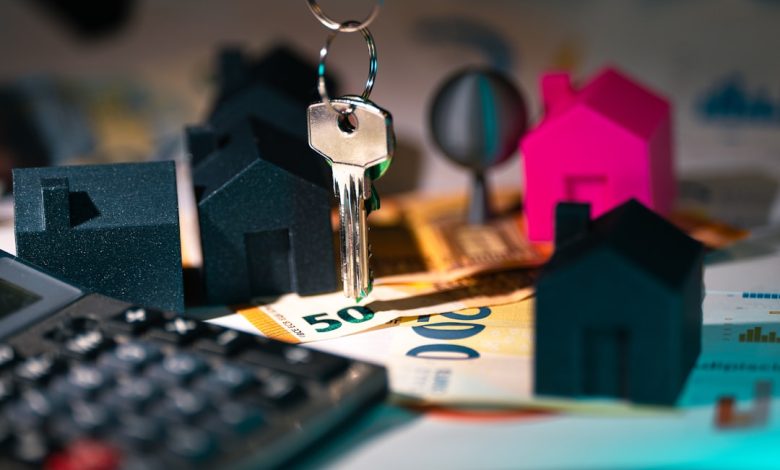How To Achieve Financial Clarity With Expense Reconciliation

Modern financial management requires more than just tracking income and expenses—it demands a precise understanding of where money goes. Expense reconciliation plays an essential role in achieving financial clarity, helping both individuals and businesses align their spending habits with actual financial goals. Whether it’s ensuring every dollar is accounted for or identifying unnecessary costs, reconciliation offers a clear window into fiscal health.
What Is Expense Reconciliation?
Expense reconciliation is the process of comparing financial statements, receipts, and internal records to ensure they match. It’s a systematic way to verify that every expense is valid, authorized, and recorded accurately. For businesses, this means reviewing company expenditures against bank statements; for individuals, it could be as simple as matching credit card statements to receipts.
When done correctly, reconciliation uncovers discrepancies early, helps with budget adjustment, and provides peace of mind—knowing that one’s financial picture is accurate and current. Inaccurate records can lead to budget shortfalls, missed payments, or even tax complications.
[ai-img]expense report, calculator, spreadsheet, financial documents[/ai-img]Steps To Achieve Financial Clarity With Expense Reconciliation
- Collect All Financial Records: Begin by gathering all relevant documents—bank statements, receipts, invoices, credit card statements, and accounting software exports. Make sure they cover the same date range.
- Review for Accuracy: Check every line item to assess if it matches what’s been recorded. Look out for duplicate entries, missing expenses, or incorrect amounts.
- Categorize Expenses: Divide expenses into categories such as utilities, payroll, office supplies, and travel. This not only helps with clarity but also simplifies tax reporting and budgeting.
- Use Accounting Software: Digital tools such as QuickBooks, Xero, or Wave streamline the reconciliation process by automatically flagging inconsistencies.
- Investigate Discrepancies: If something doesn’t match, resolve it quickly. This may involve contacting vendors, revisiting receipts, or updating financial records.
- Document Reconciliations: Keep a monthly record of reconciliations. This builds a financial history that can be useful for audits, strategic planning, or credit applications.
Why Expense Reconciliation is Crucial
Without reconciliation, it’s easy to overlook hidden fees, unauthorized transactions, or misreported purchases. Over time, these errors compound—impacting bottom lines and long-term financial goals. Expense reconciliation allows individuals and businesses to:
- Track actual vs. planned spending
- Make informed financial decisions
- Prevent fraud and internal errors
- Ensure compliance with tax regulations
Tips for Making Reconciliation a Seamless Habit
- Schedule Regular Reviews: Monthly reconciliations are best practice. This keeps financial records up to date and manageable.
- Involve a Team: In a business environment, involve multiple departments to ensure all relevant expenses are captured.
- Leverage Automation: Use apps and tools with AI-based features to spot unusual patterns and suggest categorization.
- Keep Receipts Organized: Use digital vaults or mobile scanning apps to store and track receipts securely.
Consistency is key. The more frequently reconciliation is done, the easier it becomes—and the more accurate the financial records remain. This leads to better forecasting, smarter spending, and ultimately, financial clarity.
FAQ
Q: How often should expense reconciliation be done?
A: Ideally, it should be conducted monthly. However, businesses with high transaction volumes may benefit from weekly or even daily checks.
Q: What tools are best for expense reconciliation?
A: Accounting software like QuickBooks, FreshBooks, and Xero are highly recommended. They offer integrations with bank accounts and provide automated reconciliation features.
Q: What types of discrepancies are most common?
A: Common issues include duplicate transactions, missed entries, incorrect payment amounts, and fraudulent charges.
Q: Can expense reconciliation help prevent fraud?
A: Yes. Regular reconciliation detects unauthorized or unusual transactions early, helping to mitigate potential financial fraud.
Q: Is expense reconciliation necessary for personal finances?
A: Absolutely. Personal finance reconciliation helps individuals manage their budgets, avoid overdraft fees, and understand where their money is going.
By investing a small amount of time each month in expense reconciliation, anyone can gain deeper insight into their financial habits, make strategic decisions, and ultimately, achieve lasting financial clarity.



